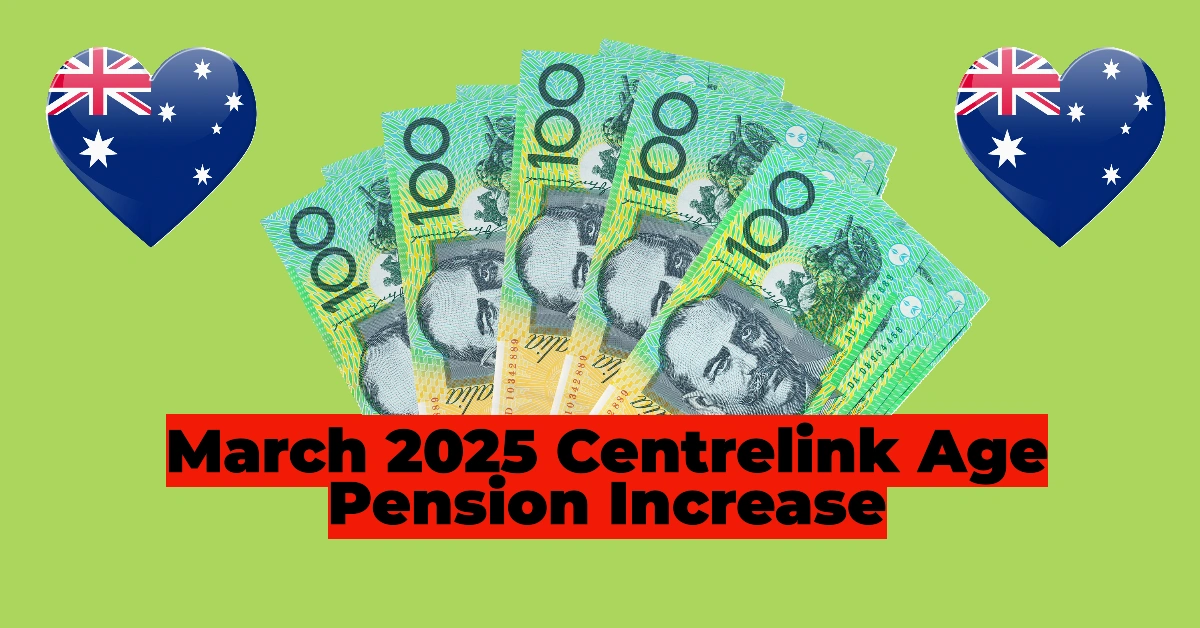The Canada Pension Plan (CPP) retirement pension is a cornerstone of financial security for Canadians. Understanding how your CPP payment is calculated and what factors can influence it is essential for planning your retirement effectively. Let’s break down the key elements and considerations.
Table of Contents
How CPP Payments Are Calculated
The amount of your CPP retirement pension depends on several factors, including:
1. The Age You Start Your Pension
The age at which you choose to begin receiving your CPP retirement pension significantly impacts the amount you’ll receive. Starting earlier than age 65 will reduce your monthly payments, while delaying beyond 65 can increase them.
2. Your Contribution History
The duration and amount of your contributions to the CPP play a critical role. Regular contributions throughout your working years help maximize your benefits.
3. Average Lifetime Earnings
Your average earnings during your career influence the calculation. Higher earnings typically lead to higher CPP payments, up to the annual maximum pensionable earnings limit.
For 2024, the maximum monthly CPP payment at age 65 is $1,364.60, while the average monthly payment for new retirees in July 2024 was $815.00. The exact amount you’ll receive depends on your unique situation.
How Much Will CPP and OAS Increase in 2025
CPP Premium Changes for 2025: What Every Canadian Should Know
Smart Strategies to Maximize Your CPP Benefits and Increase Retirement Income
Tools to Estimate Your CPP Benefits
My Service Canada Account
You can estimate your monthly CPP retirement payments by signing into your My Service Canada Account. If you don’t have an account, registration is straightforward, and you’ll receive a personal access code to complete the process.
Canadian Retirement Income Calculator
This tool provides a detailed projection of your future financial security, considering various retirement income sources.
Factors That May Impact Your Pension Amount
Other circumstances can affect your CPP retirement pension. These factors are automatically considered if you provide all necessary information during your application.
Working While Receiving CPP Payments
If you’re under age 70 and continue to work while receiving CPP retirement benefits, you can:
- Contribute to the CPP and qualify for a CPP post-retirement benefit. This additional benefit increases your retirement income and is paid annually for life.
- Opt out of CPP contributions once you turn 65, though contributions stop automatically at age 70.
Periods of Low or No Earnings
The CPP calculation excludes up to eight years of your lowest earnings from your earnings history. This “drop-out” provision ensures that periods of lower income do not disproportionately reduce your pension amount.
For contributions made after January 1, 2019, under the CPP enhancement program, your best 40 years of earnings are considered.
Periods of Raising Children
If you took time away from work to raise children under the age of seven, the CPP child-rearing provision might help. These years can be excluded from your earnings calculation, potentially increasing your benefits.
Periods of Disability
If you experienced periods of disability, these may also be factored into your CPP calculation, ensuring fair adjustments to your benefits.
Pension Sharing
If you and your spouse or common-law partner are both eligible for CPP, you may share your retirement pensions. Pension sharing can reduce your overall tax burden while maintaining your combined income.
Optimize Your CPP Contributions After Age 65
Even after turning 65, continuing to contribute to the CPP can enhance your benefits. Contributions are mandatory until age 65 and optional until age 70. Each year of contributions results in an additional post-retirement benefit, increasing your lifetime income.
CRA Announces Increased CPP Maximum Pensionable Earnings 2025
Plan Ahead and Maximize Your Retirement Security
The CPP offers flexibility and options to suit various life circumstances. By understanding the factors influencing your benefits, leveraging available tools, and making informed decisions, you can optimize your retirement income and enjoy financial stability in your golden years.








